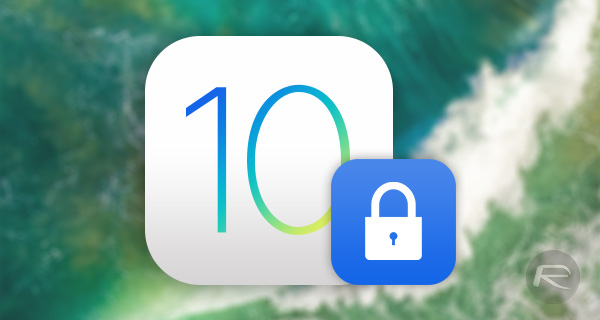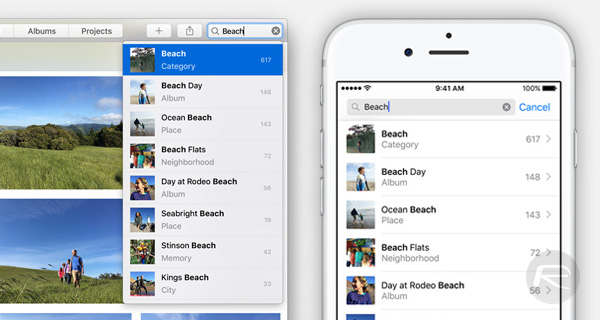Both iOS 10 and macOS Sierra are getting smarter than their predecessors thanks to machine learning, bringing features to both platforms that rival some of those that Google is capable of putting together by leveraging the data it has on its users.
Apple has no such data and, in fact, goes out of its way sometimes to ensure that it cannot collect data that could be considered private. In order to achieve its goals for iOS 10 and macOS Sierra, however, Apple will be using what it calls “Differential Privacy,” and Recode decided to ask Apple a little bit more about what that might entail.

According to the response from Apple, the use of Differential Privacy in order to improve the computer learning that goes into making things like Siri and image recognition in Photos better is completely opt-in, and will be limited to four different uses at the outset.
As for what data is being collected, Apple says that differential privacy will initially be limited to four specific use cases: New words that users add to their local dictionaries, emojis typed by the user (so that Apple can suggest emoji replacements), deep links used inside apps (provided they are marked for public indexing) and lookup hints within notes.
Apple has also reminded users that everything is done on device and it does not store any information based on the photos that it analyses for image recognition purposes. Nothing passes through iCloud, which explains why users may notice that images need to be processed by the system whether or not they were processed earlier by another machine or iOS device. This is the opposite method to Google, and if results are just as good, then users are in an unusual win-win situation here.

The best thing to remember here is that Apple isn’t in the data collection business, which is good because it’s pretty bad at it, thanks to its inability to make cloud-based services that work correctly. If iOS 10 and macOS Sierra are capable of doing the things Apple promises without compromising user data, though, the company deserves a big thumbs up. Time will tell whether that will be required, though.
(Source: Recode)
You may also like to check out:
- iOS 10, macOS Sierra Photos App Can Detect 7 Facial Expressions, 4,432 Objects
- Download iOS 10 Beta 1 & Install On iPhone 6s, 6, Plus, SE, 5s, 5c, 5, iPad, iPod [Tutorial]
- Install iOS 10 Beta OTA Configuration Profile Without UDID / Developer Account [How-To Tutorial]
- Download macOS Sierra 10.12 Beta 1 For Your Mac
You can follow us on Twitter, add us to your circle on Google+ or like our Facebook page to keep yourself updated on all the latest from Microsoft, Google, Apple and the Web.

